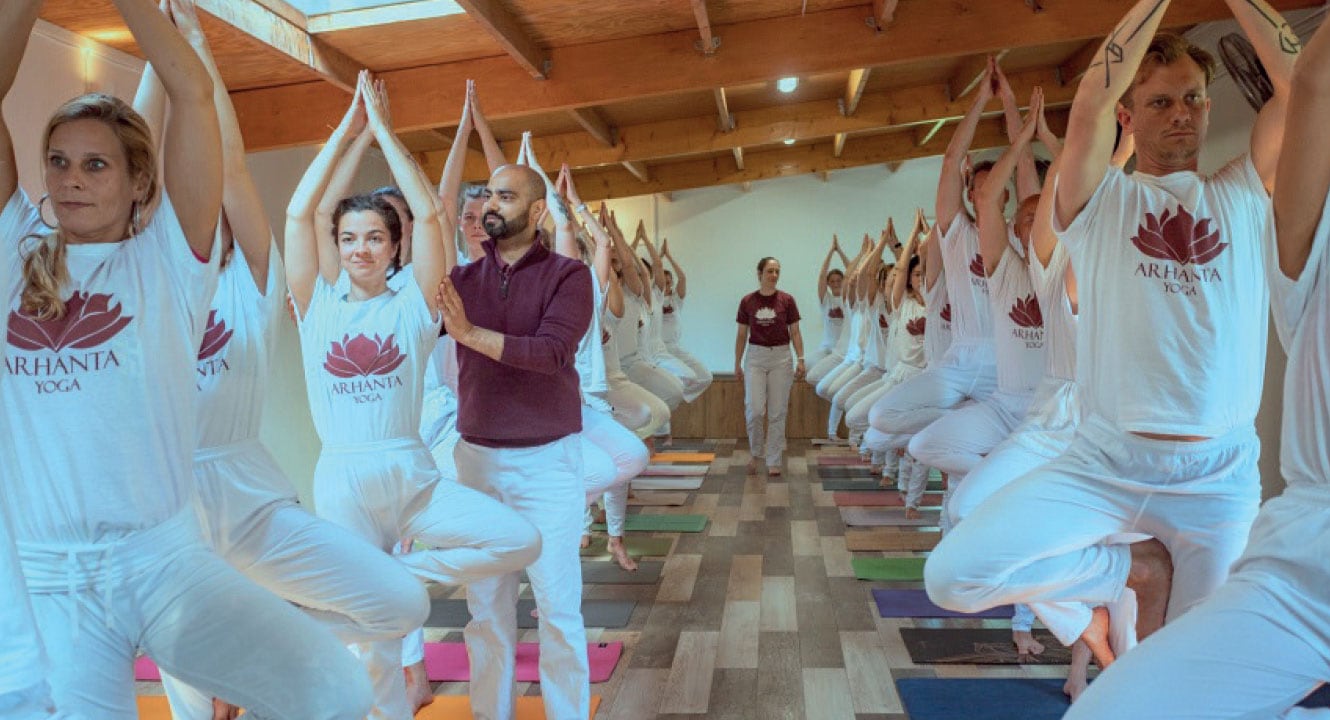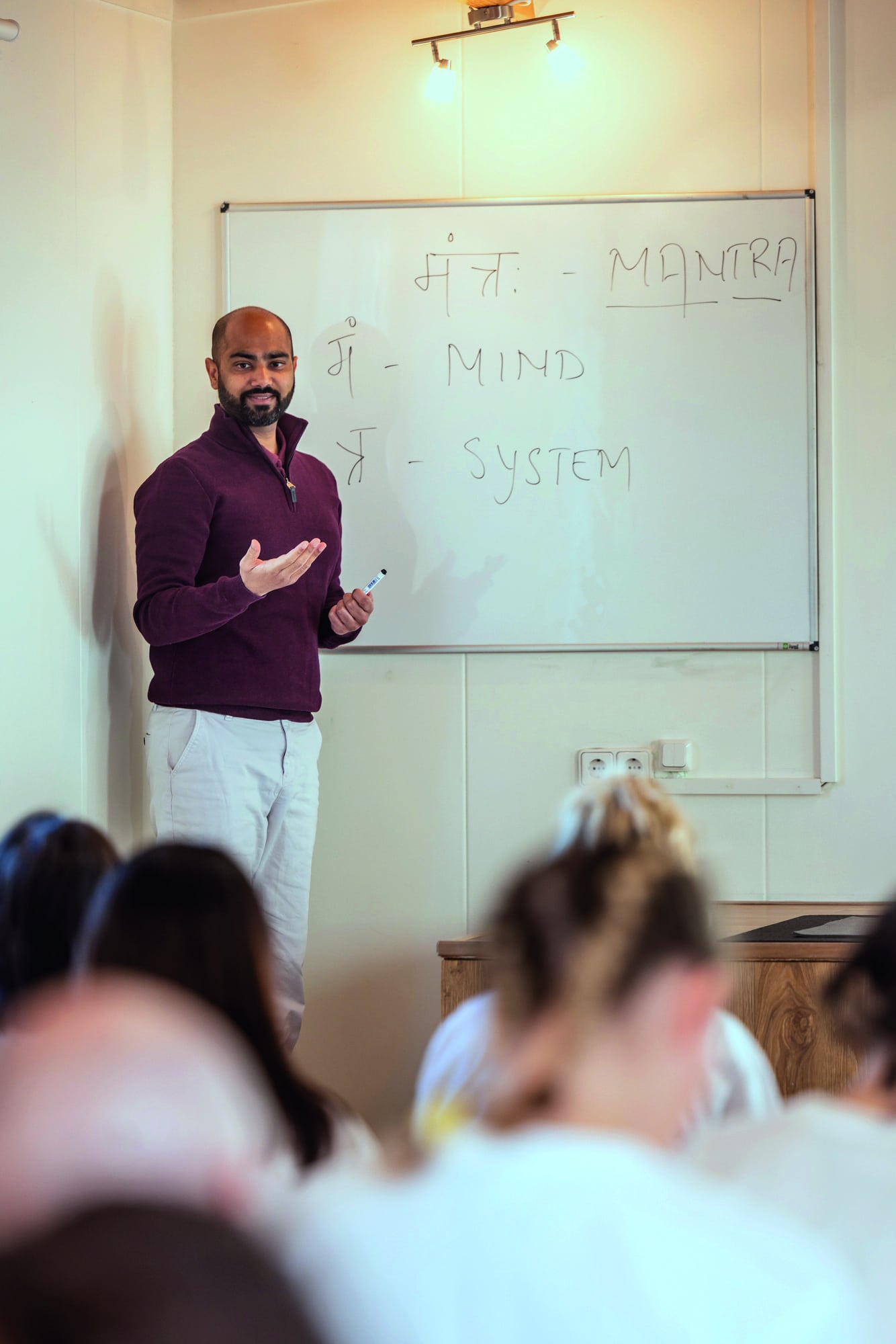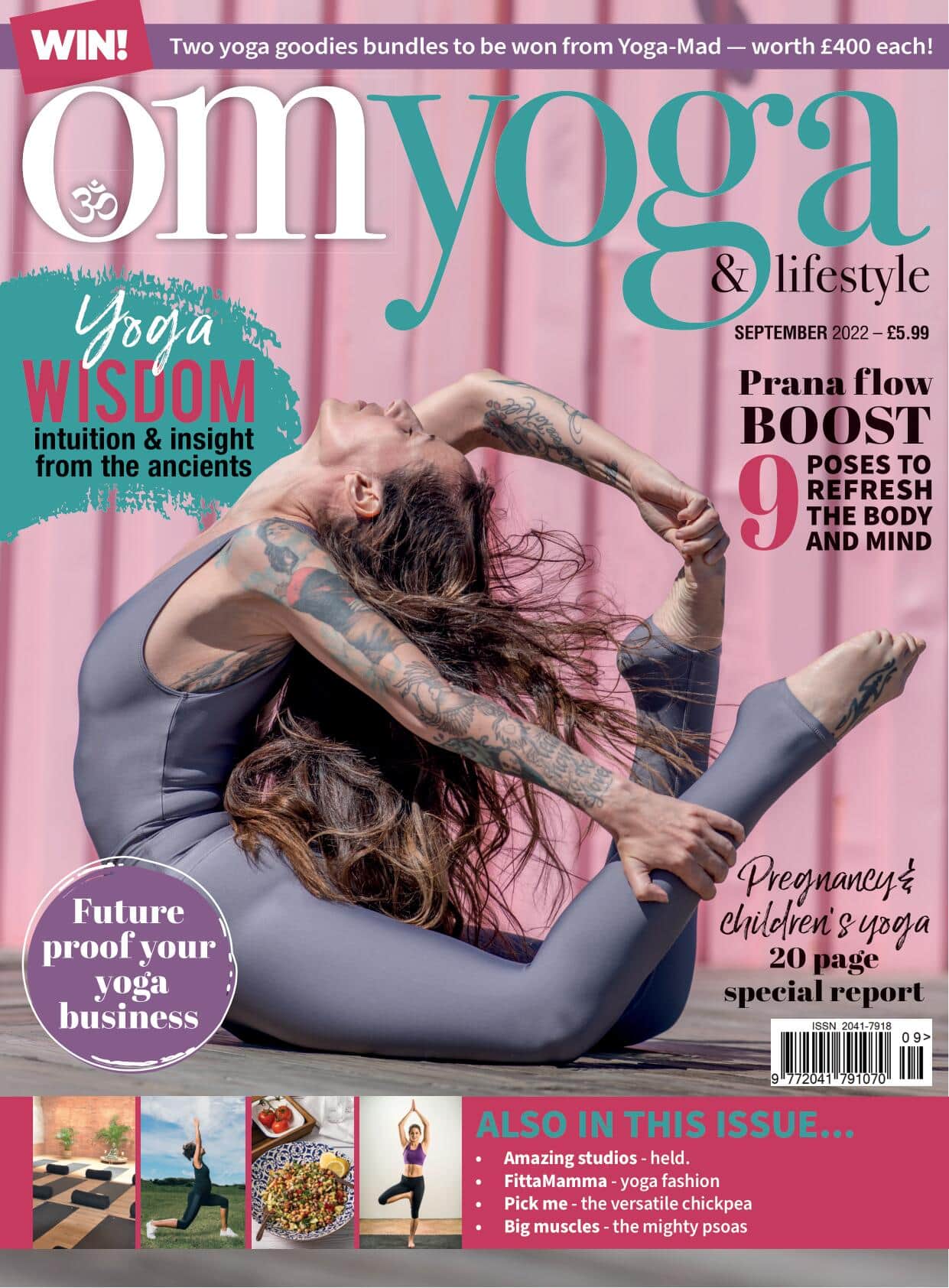
The happiness formula
How would you feel if you knew you could control your happiness? Ram Jain explores the formula and pendulum of happiness
Do you want to be happy? When sadness takes over, do you feel helpless and lost? Perhaps you even feel guilt or a sense of failure if you find that practicing meditation, mantras or gratitude doesn’t banish sadness and create instant happiness.
How would you feel if you knew you could control your happiness? In my early years, I learned how to master the state of happiness. Today I will share with you that ancient wisdom.
Let us first understand what makes you happy. Does enjoying a good cup of coffee make you happy? Does a walk in nature or spending time with loved ones make you happy? You can probably think of many small things that have made you feel happy; things you do every week, or every day, or multiple times a day. Those things seem to make you feel happy…but sometimes they don’t.
Having a cup of coffee or going for a walk is enjoyable, and easy to do. So why can’t we rely on enjoyable things to create happiness whenever we want? The answer lies in the difference between happiness and pleasure. Pleasure is the temporary gratification of any of our five senses. The five senses are touch, taste, smell, sound and sight. Often, when we are enjoying our senses, we feel we are happy.
But it is not pleasure that makes us truly happy. That’s why, if you lose your job, having a cup of coffee cannot make you happy. You would probably barely even notice the taste and smell you normally enjoy. If you have a relationship break up, eating pizza stops being about delicious cheesy pleasure, and becomes little more than a distraction. It cannot take the sadness away.
The key lies in understanding what brings you happiness, rather than pleasure. We all have expectations, many expectations. When all our expectations are satisfied at a particular moment, we feel happy in that moment.
For example, when you are having that cup of coffee you are visualising: everything in life is going fine while I am enjoying this lovely smooth coffee. This is most likely not an intentional visualisation, it’s just a natural product of how you are seeing the world at the time. Your expectations are fulfilled, everything is just as it should be, and so you feel happiness in that moment.
If suddenly you get bad news, like being fired from your job, the same cup of coffee does not bring you happiness anymore. The coffee has not changed, it’s still the favourite blend you expected to taste, but your expectation of having a secure job has been shattered. The sadness of unfulfilled expectations can’t be balanced by mere sensory pleasure.
If you want to master happiness, make a list of your expectations in life. Some of your expectations might involve good health, a secure financial situation, strong personal relationships or the good health of loved ones.
Mastering happiness requires an understanding that the shorter your list of expectations is, the bigger chance you have of being happy. Putting that into action means finding ways to remove items from your list.
Have you listed expectations that are not directly in your control? You might wish you could control or even influence the health of your loved ones, or the behaviour of people around you.
But the truth is there are a great many things you cannot force into line with your desires and expectations.
So go back to your list and consider which items you cannot control, and which items you can alter your expectations around. Would accepting the reality around certain items allow you to be happy even if that thing is not going exactly how you wish it would?
At its simplest, this is the Happiness Formula:
High expectations = Low chance of happiness
Low expectations = High chance of happiness

It’s important to acknowledge that the Happiness Formula doesn’t tell the whole story of happiness. You can’t decide to have zero expectations, and therefore be permanently happy.
People are not supposed to be happy at all times.
Our modern consumerist society would like us to believe otherwise and encourages us to pursue happiness as if it’s the ultimate goal and badge of success. You might not have written ‘be happy all the time’ or even ‘be happy more often’ on your list of expectations, but most of us do have expectations about how much happiness we deserve.
Happiness is an expectation that needs to be kept in line with what we can actually control.
The Pendulum of Happiness
In yoga philosophy, happiness and sadness are two states of the mind, two sides of the same coin.
When you see one side of the coin, it’s just a matter of time until you will see the other side.
This is like day and night, also two sides of a coin. After night, the day will come. After day, the night will come. As the seasons flow, sometimes the days are longer and the nights are shorter. Time passes, and slowly the days become shorter as the nights grow longer.
Over a year, these changes cycle so that day and night stay in balance. Neither takes over. Neither becomes permanent. And so it is also with happiness and sadness.
If you get attached to happiness and refuse to accept sadness, you will suffer and feel victimised. But if you know that sadness will come in the same ratio as happiness and the only way is to accept it, you will suffer less. You will feel calm because you know that this too shall pass.
Now according to Bhagavad Gita: ‘Wise men do not get entangled in the circle of happiness and sadness. They seek peace’. Happiness and sadness are both temporary and always changing. They are often influenced by external factors you can’t control. Peace, on the other hand, is the state of complete acceptance and is totally in your control.
When you accept happiness and sadness as temporary states of mind, you begin to master happiness. When you learn to accept both happiness and sadness as normal, variable parts of life you will reach the stage of peace. And in peace you will experience complete control and contentment.
Ram Jain is the founding director of the Arhanta Yoga Ashrams (India and The Netherlands) and Arhanta Online Academy. Visit: arhantayoga.org


